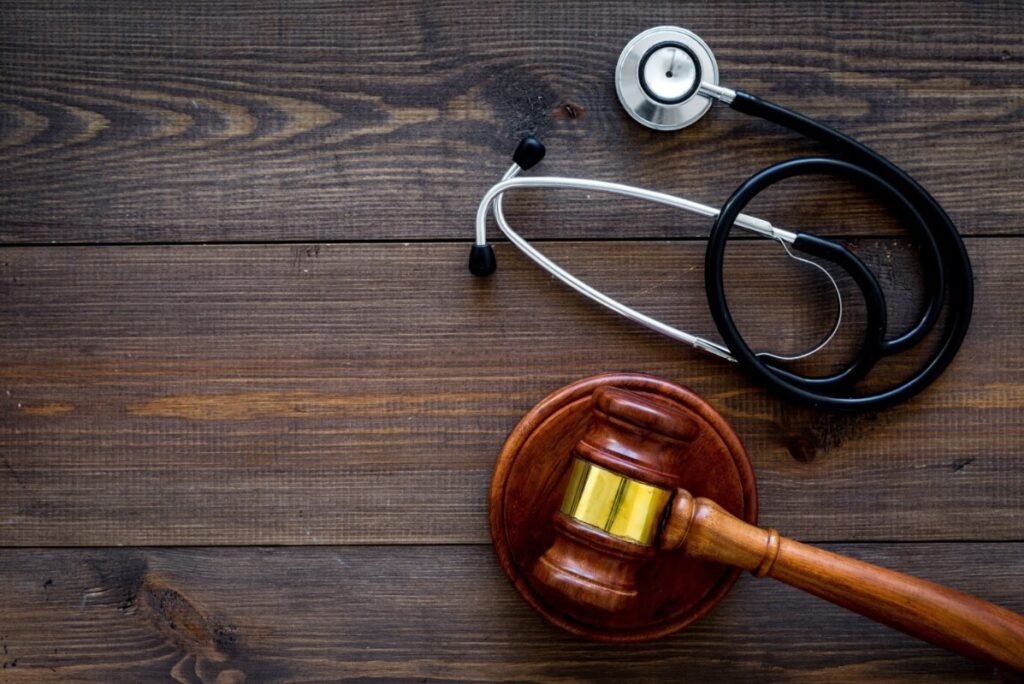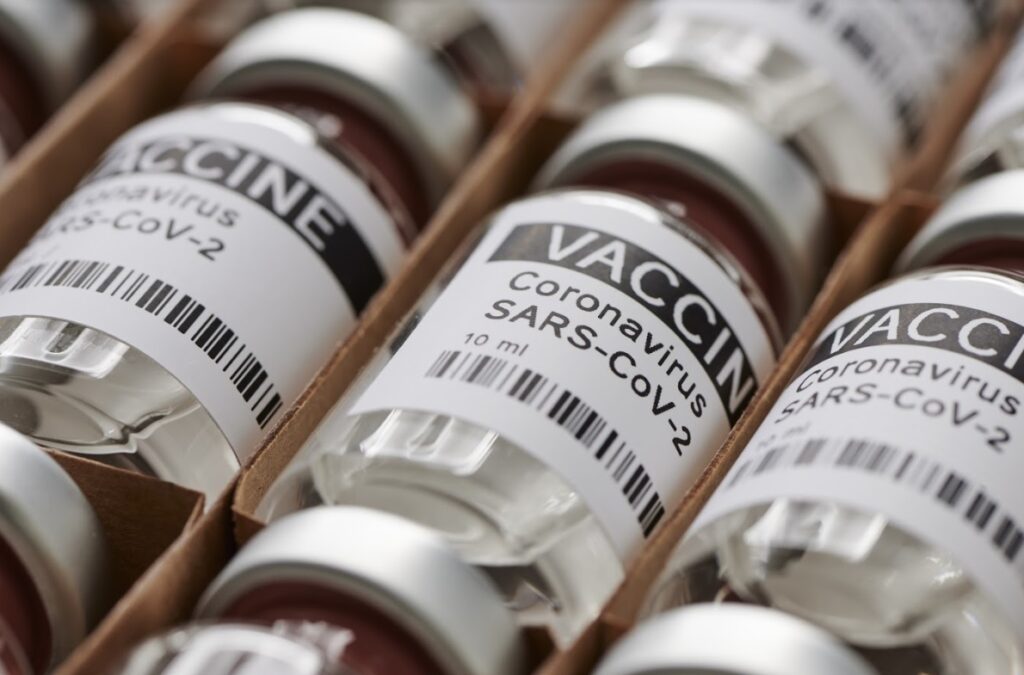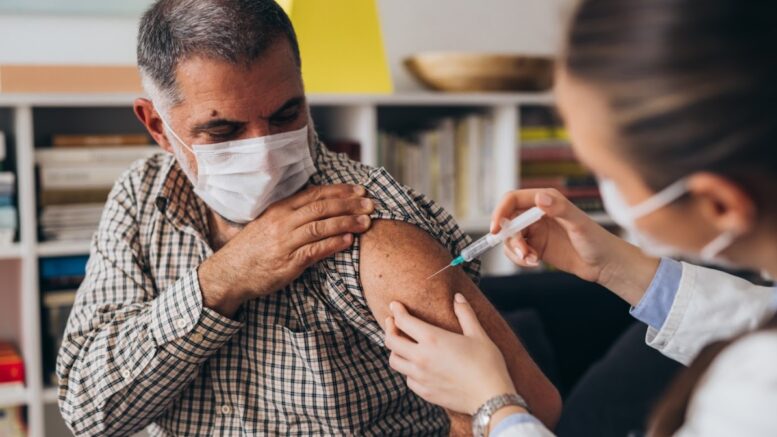Vaccines are meant to help your body develop a stronger immunity against preventive diseases. These include polio, tetanus, influenza, hepatitis A and B, rubella, measles, whooping cough, rotavirus, mumps, chickenpox, and diphtheria, among many others.
By taking a vaccine, you’re actually introducing an infection into your body, but of a milder form than the actual disease. This way, your body produces the necessary germ-fighting tools needed to overcome the infection. Thus, the next time you get a similar infection, your body is in a better position to protect itself, thanks to the memory cells that were created after the vaccine shot.
How Do Vaccine Injuries Come About?
Generally, most people don’t experience serious problems after getting vaccinated. However, as is the case with many other medicines, you can experience some mild side effects. These include:
- Swelling, pain, and/or redness at the injection spot
- Chills
- Headaches
- Mild fever
- Feeling fatigued
- Joint and muscle aches
- Fainting
Severe allergic reactions after getting vaccinated are quite rare. Experts estimate that less than 0.005% of all people vaccinated experience adverse events. In case you’re a part of this small group, you’ll experience symptoms such as:
- Loss of breath
- Swelling on your face and throat
- A higher than normal heartbeat
- Awful rash throughout your body
- Whole body weakness
- Dizziness
- Loss of vision
- Eye infection
- Permanent brain damage
- Severe infection where the vaccine shot was given
- Death
All these are classified as vaccine injuries.
How To Handle Vaccine Injuries
In case you experience any of the abovementioned adverse effects, don’t keep it to yourself. The US government runs the National Vaccine Injury Compensation Program (VICP) to help those people with complaints against vaccines they received.

As your case will go through a normal court process, you need a vaccine injury lawyer to represent you in court. You may want to check out resources such as www.vaccineinjuryhelpcenter.com as your starting point.
The Five-Step Process
Your vaccine injury claim should go through these five steps:
- File your petition with the U.S. Court of Federal Claims.
- The U.S. Department of Health and Human Service will then scrutinize your application to ascertain whether it satisfies the medical criteria for compensation. Based on their review, they’ll write a preliminary report.
- Next, the U.S. Department of Justice uses the preliminary report to prepare a detailed report and legal analysis for submission to the court.
- Your case will then be heard in court. Both you and the accused will be given a chance to present evidence. A court-appointed special master will then decide whether you deserve the compensation or not, and the amount you should receive.
- Finally, the Health Department awards you the compensation. In case your petition is dismissed, the court may order the Health Department to pay attorney’s fees.
Why The VICP Was Set Up
In the 1980s, many people filed lawsuits against vaccine companies after suffering from vaccine injuries. In retaliation, healthcare workers threatened to create an artificial shortage of vaccines and slow down their vaccination campaigns. The US government saw this as a sure loophole for the comeback of vaccine-preventable diseases. Indeed, this would cause a lot of damage to the medical milestones already achieved.
For such reasons, the Vaccine Injury Compensation Program came into being.
The Vaccine Adverse Event Reporting System
Later on, in 1990, the CDC and FDA set up the Vaccine Adverse Event Reporting System (VAERS). Their main objective is to determine the likelihood of vaccines to cause adverse events.
If any vaccine is linked to widespread claims of adverse events, they can terminate its administration and seek ways to make it safer before re-introducing it to the market. In the end, all recommended vaccines will be safe enough for human use.
You may want to help the government in such efforts by reporting any side effect that you may experience after getting vaccinated. To make your report even better, consider talking to your doctor first if you’re concerned about your health after vaccination. Your doctor is in a better position to fill the written or online forms using the correct medical terminology.
The Table Of Reportable Events
In addition to your individual report, healthcare providers are required by law to notify VAERS of any adverse effect listed in the table of reportable events they’ve provided. The table lists down common vaccine-preventable diseases and some of the adverse events one may experience after getting vaccinated against the diseases.
It’s good to know this so that you can ask your healthcare provider whether they made the report as required. The vaccine manufacturer is also required to make an official report of any adverse event that comes to their attention.
The Countermeasures Injury Compensation Program
There are vaccines that aren’t covered by the VICP, but are listed under another program known as the Countermeasures Injury Compensation Program (CICP).

The CICP basically covers diseases that have been declared a pandemic, epidemic, or security threat. These include:
- COVID-19
- Marburg
- Smallpox
- Botulinum toxin
- Acute radiation syndrome
- Anthrax
- Pandemic influenza
- Zika
- Ebola
There are slight differences between the legal requirements and court processes of VICP and CICP. Your vaccine injury lawyer will help you get it right.
Filing Deadlines
CICP gives you a maximum of one year to file your petition after suffering a vaccine injury.
For VICP, you have up to three years to file your petition after the first symptoms of vaccine injury. In case your loved one died after getting vaccinated, you’re given a maximum of two years after their death or four years after the initial onset of vaccine-related adverse events.
To Wrap It Up
You shouldn’t suffer in silence after a vaccine-related injury—there’s help waiting for you. The government has a provision to ensure that you’re financially compensated. You’ll need an experienced vaccine injury lawyer to bring you up to speed with all that you’re required to do to get the much-needed compensation.
Also, enlist the help of your healthcare provider to help you write a sound report that will increase your chances of getting compensated.
